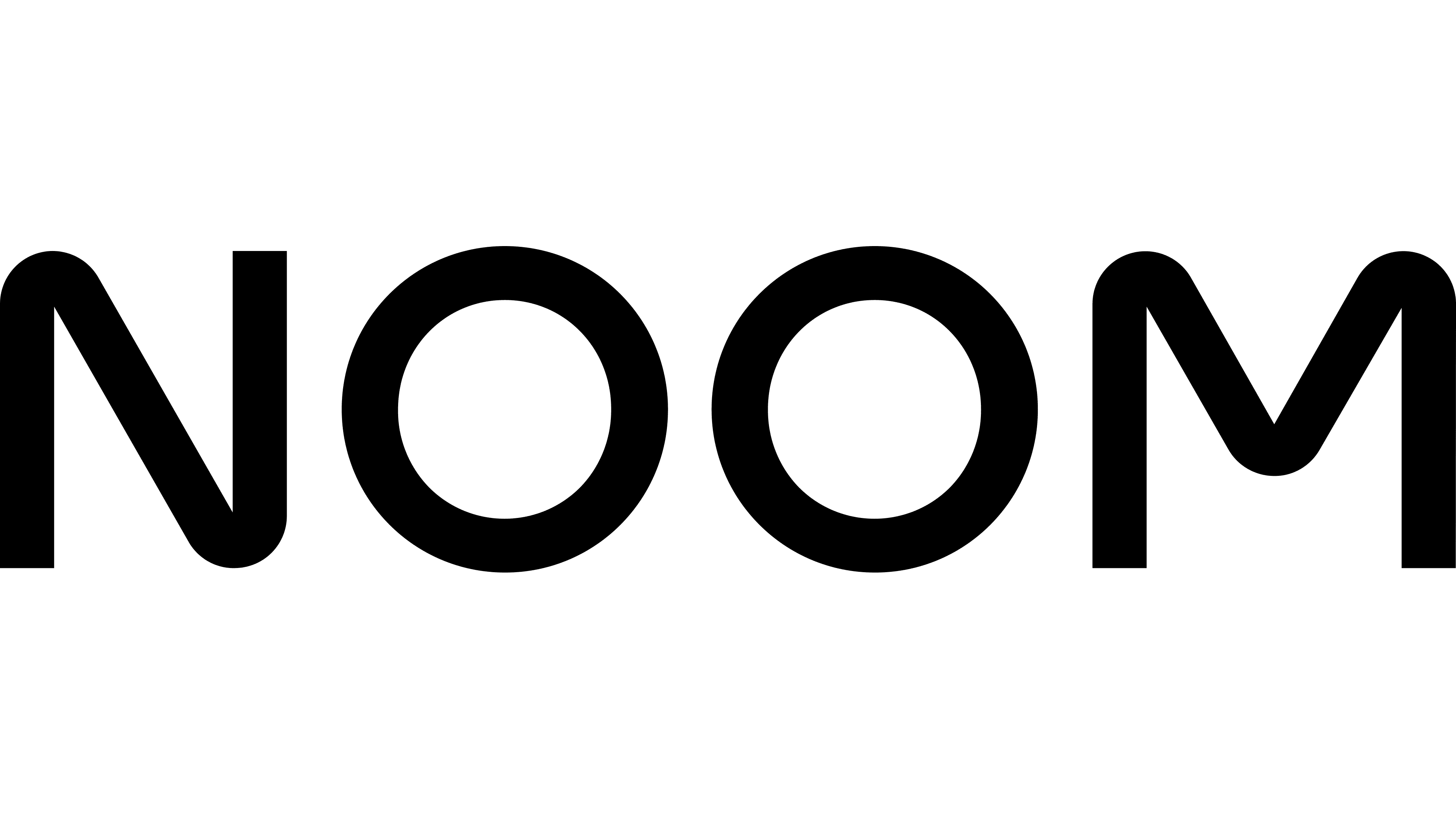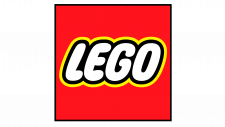Noom Logo
Noom is a health and wellness technology company, renowned for its mobile app that offers personalized weight loss plans. Integrating psychology with technology, Noom’s approach focuses on changing long-term habits to achieve sustainable health goals. The app provides users with meal planning guidance, exercise tracking, and educational resources about nutrition and weight management. What sets Noom apart is its use of cognitive behavioral therapy techniques to address the psychological aspects of eating and weight loss. This holistic strategy aims not just for physical transformation, but also for a positive shift in users’ relationship with food and exercise.
Meaning and history
Noom, founded in 2008 by Artem Petakov and Saeju Jeong, is a tech-driven wellness company primarily known for its innovative weight loss app. Petakov, with a background in computer science and Jeong, an entrepreneur, aimed to blend technology and psychology to revolutionize health and wellness.
Initially, Noom focused on various fitness and calorie-tracking apps. However, realizing the need for a more holistic approach, in 2010, they shifted towards behavioral change as the core of their program. They launched the Noom Weight app, which distinguished itself by not just tracking calories and exercise but also incorporating psychological principles to facilitate long-term, sustainable health habits.
Noom’s unique selling point became its use of cognitive behavioral therapy (CBT) techniques, aiming to modify users’ attitudes and behaviors related to food and exercise. The app offers personalized meal plans, exercise tracking, and educational resources, all tailored to the individual’s lifestyle and goals.
The company’s growth was exponential, especially after significant funding rounds, attracting investors impressed by its blend of tech and psychology. By the mid-2010s, Noom had millions of downloads globally, reflecting its widespread acceptance.
Another key factor in Noom’s success was its accessibility and user-friendly interface. Designed for a broad audience, the app’s engaging content and supportive environment, including human coaching and community support, made it a popular choice for those seeking a comprehensive wellness journey.
In recent years, Noom has expanded its offerings beyond weight loss, entering areas like stress management and diabetes prevention, further broadening its impact on global health and wellness. This expansion reflects its commitment to addressing a wide range of health issues through its innovative, tech-based, and psychologically informed approach.
Noom stands as a leading figure in the digital health space, continuing to evolve and influence the way people approach health and wellness, making a significant impact on the lives of its users worldwide.
What is Noom?
Noom is a digital health platform that combines technology and psychology to offer personalized, behavior-focused wellness plans. Its innovative approach, centered around a mobile app, integrates cognitive behavioral therapy to help users achieve sustainable weight loss and improved health habits.
2014 – 2021
Encased within a vibrant orange circle is the word ‘Noom’, spelled out in a mosaic of white dots. The dots represent individual steps in a user’s journey to wellness, aligning with Noom’s philosophy of building healthy habits step by step. The white-on-orange contrast stands for clarity and optimism, and the choice of a lowercase font adds a touch of modern, approachable simplicity. The circular boundary encapsulating the name suggests wholeness and continuity, resonating with the company’s goal of holistic health.
2021 – Today
The image displays a bold, minimalist logo consisting of the word “NOOM” in uppercase letters. The typography is modern, with clean lines and uniform thickness throughout each character. The lettering is black against a plain white background, offering a stark contrast that enhances visibility and readability. The two “O”s are identical and positioned adjacently, creating a sense of balance and symmetry. The simplicity of the design suggests a sleek, contemporary brand identity, and the use of only letters with no additional graphics underscores a focus on straightforwardness and clarity. Overall, the logo’s design conveys a modern and efficient sensibility, likely aligned with the brand’s values and image.













